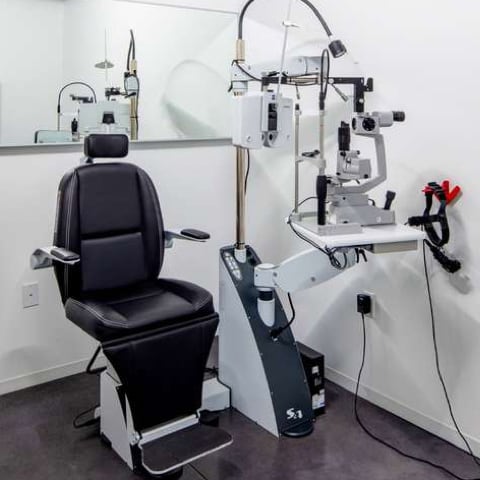Managing Diabetic Eyes
Unless you’ve visited us for a diabetic eye exam before, you may not be aware that diabetes affects the whole body—even the eyes. If you have diabetes, more frequent eye exams are recommended. Typically, yearly diabetic eye exams are suggested, but this can differ from person to person.
During diabetic eye exams, we’ll test for eye diseases that are more likely to develop in patients with diabetes. If any eye diseases are detected, we’ll discuss treatment and management options with you right away.
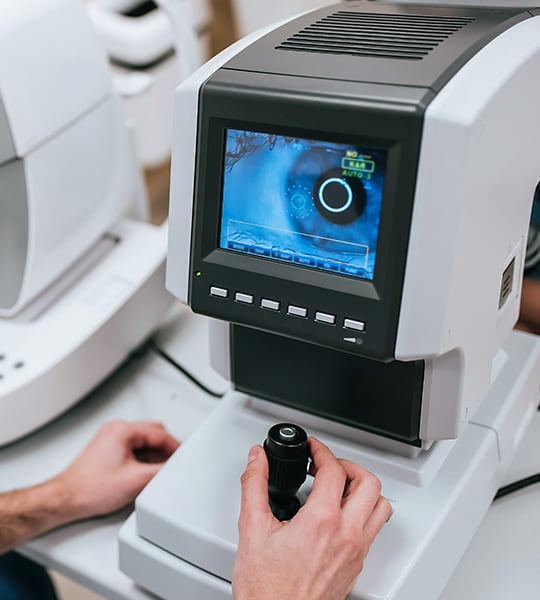
How Does Diabetes Affect Eye & Vision Health?
The components of the eye are very delicate and can be damaged easily. The retina is an extremely important example. The retina is responsible for receiving light focused light and sending visual information to the brain for it to interpret.
The retina is surrounded by small blood vessels. Since diabetes causes an improper balance in blood sugar, these blood vessels are at risk of blockage. If blocked, the blood vessels can potentially break and spill into the retina. If this happens, patients can experience vision loss.
Diabetic Retinopathy & Diabetic Macular Edema
Diabetic retinopathy is one of the most common complications associated with diabetes. At the start, it’s not uncommon for diabetic retinopathy to show few to no symptoms. If left untreated, patients may experience vision problems or even blindness.
The condition is caused by diabetes affecting the blood vessels in the eye. Having unbalanced blood sugar can create breaches in the blood vessels, causing them to spill fluid into the eyes and damage the retina.
If left untreated, diabetic macular edema can develop from diabetic retinopathy. Diabetic macular edema occurs when leaking fluid from broken blood vessels enters the eye’s macula. If the macula is damaged, patients may have a hard time seeing clearly and can struggle with activities like reading and driving.
Cataracts
Cataracts are the clouding of the eye’s natural lens. This clouding can occur naturally as people age but can also develop earlier because of factors like diabetes. If not treated, cataracts can make it hard to see clearly.
To help manage vision loss from cataracts, stronger lens prescriptions can be used. However, to completely recover the vision lost from cataracts, surgery is needed. During cataract surgery, the natural lens of the eye is removed and replaced with an artificial lens.
Glaucoma
Glaucoma is a group of eye diseases that affect the eye’s optic nerve. If not identified early, glaucoma can eventually cause blindness. People with diabetes need to get tested for this group of eye diseases, as they’re nearly twice as likely to develop glaucoma.
In its early stages, glaucoma may not show any signs or symptoms. Without regular eye exams, it can be difficult to know whether glaucoma is present.
Diabetic Eye Diseases
Patients with diabetes are at a higher risk of developing certain eye diseases. To ensure their eye health is taken care of, we’ll check for these eye diseases more frequently.
Our Brands









Come Visit Us

Our Address
- 1700 Montgomery Street
- Fort Worth, TX 76107
Contact Information
- Phone: 817-737-6281
- Text: 817-737-6281
- Email: [email protected]
HOURS
- Monday: 9:00 AM – 5:00 PM
- Tuesday: 9:00 AM – 5:00 PM
- Wednesday: 9:00 AM – 5:00 PM
- Thursday: 9:00 AM – 5:00 PM
- Friday: 9:00 AM – 5:00 PM
- Weekends: Closed
Our Testimonials
Great customer service, very nice employees and a great doctor. They will do what they can to make sure your needs are meet in the most efficient way.
Connor
Love love love Dr. Barber & all his staff! I’ve seen Dr. Barber at his previous location; this was my first visit to CHROMA though. Blew me away. The technology they’ve implemented led to the quickest & most thorough examination. I went initially for my routine exam & to purchase my yearly contacts. Welp- they had way too many cute pairs of glasses & since my prescription had GOTTEN BETTER, I needed new glasses too. I had NOT budgeted the money for both contacts & new glasses. They were so so accommodating: set aside + added the frames I liked to my file, calculated all the prices (with & without insurance for both), answered my million questions, etc etc. Ended up leaving with my exam + contacts + new glasses for the same amount I used to spend on just contacts for a year. Cannot WAIT to get my new cute glasses in a couple weeks! To summarize: GO SEE THEM! I just THOUGHT Dr. Barber had an awesome practice before moving. Now, he’s got the ABSOLUTE BEST you could ever imagine. ♥️
Lauren
I have just barely had glasses and been visiting Chroma for about a year now and it has been a great experience so far. They are very welcoming and you can tell how much they care for the patience. Top of the line equipment and top of the line service.
Kason
We love and adore Dr. V! He is personable, kind, and he knows his stuff! We drive 40 minutes to see him for our son. Staff was pleasant and went out of their way to help with insurance question. The building is super cool and modern. They have so many frame options in office which is super nice! Excellent experience!
Jenny
I absolutely love CHROMA! Dr. V and the entire staff is so amazing and I know I am receiving the best care with each visit! Everyone is extremely knowledgeable, professional, and so friendly!! Dr. V really takes the time to explain everything and also makes the appointment enjoyable! The office is SOOO stunning and clean as well!
Kelly
I’m always so so happy with my experience at Chroma. I live in New York and make sure I come back here every year because Dr Barber (and now Dr. V) really can’t be beat. They really take care of their patients from start to finish. I also appreciate how great the staff is at communication before and after appointments- they are very accommodating and helpful to work out the best deal for you. Bottom life- can’t beg you enough to go here for your eye care. You will never regret it.
Alexa
Our Blog
UV Protection vs. Polarized: What’s the Difference?
Frames & LensesEyeglasses are more than fashionable tools that help us to see the world around us, they can also protect our eyes against sun damage and reduce unwanted glare. UV […]
Do Glasses Help with Dry Eyes?
Dry EyeDry eyes can lead to irritation, discomfort, blurry vision, and can impact our overall quality of life. Fortunately, several treatment options are available to target the root cause of […]
How Do Multifocal Contact Lenses Work?
Contact LensesMultifocal contact lenses are a game-changer for those with presbyopia or other vision conditions that impair their ability to see at different distances. The first step in deciding if […]
UV Protection vs. Polarized: What’s the Difference?
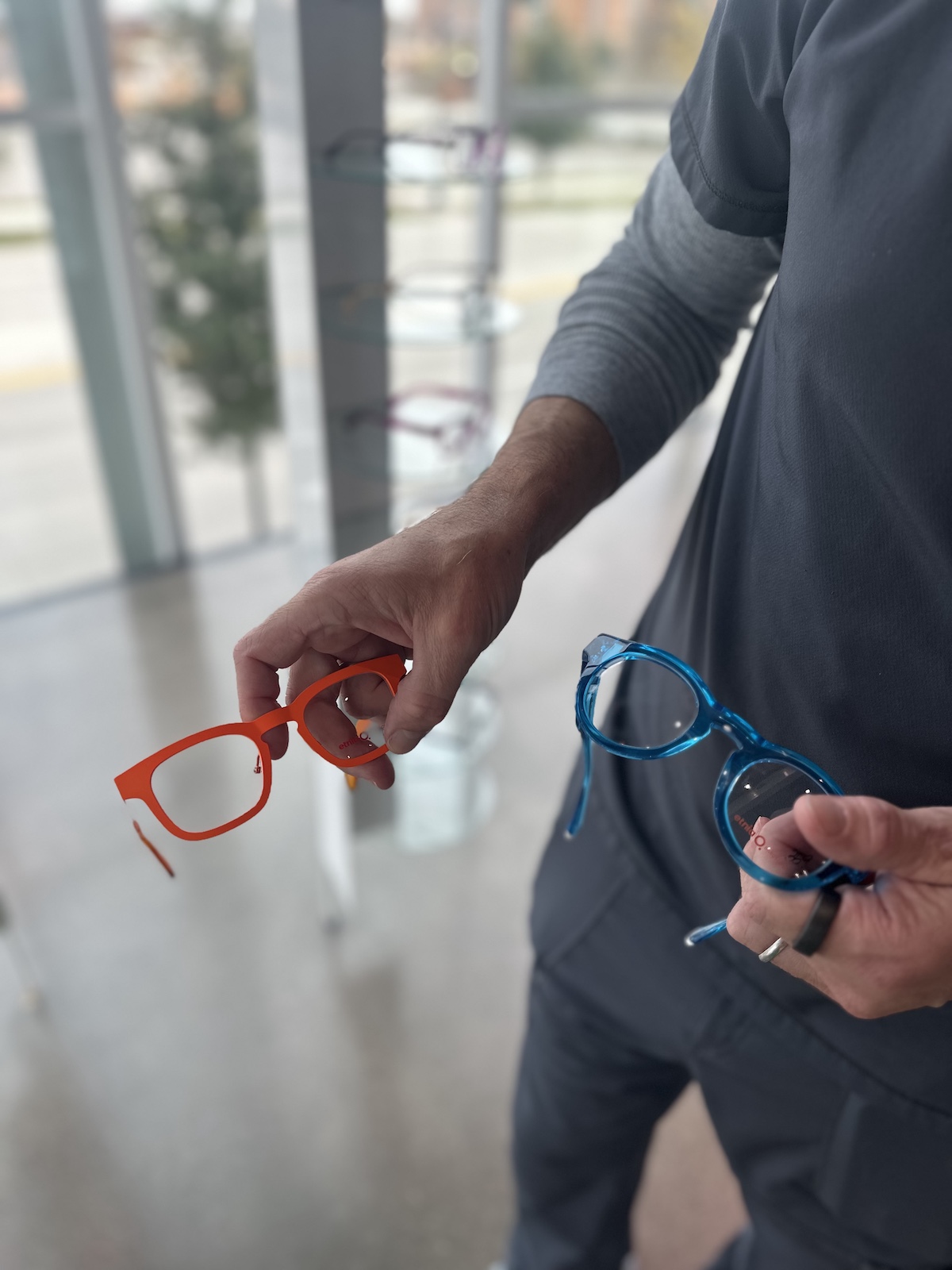
Eyeglasses are more than fashionable tools that help us to see the world around us, they can also protect our eyes against sun damage and reduce unwanted glare. UV […]
Do Glasses Help with Dry Eyes?
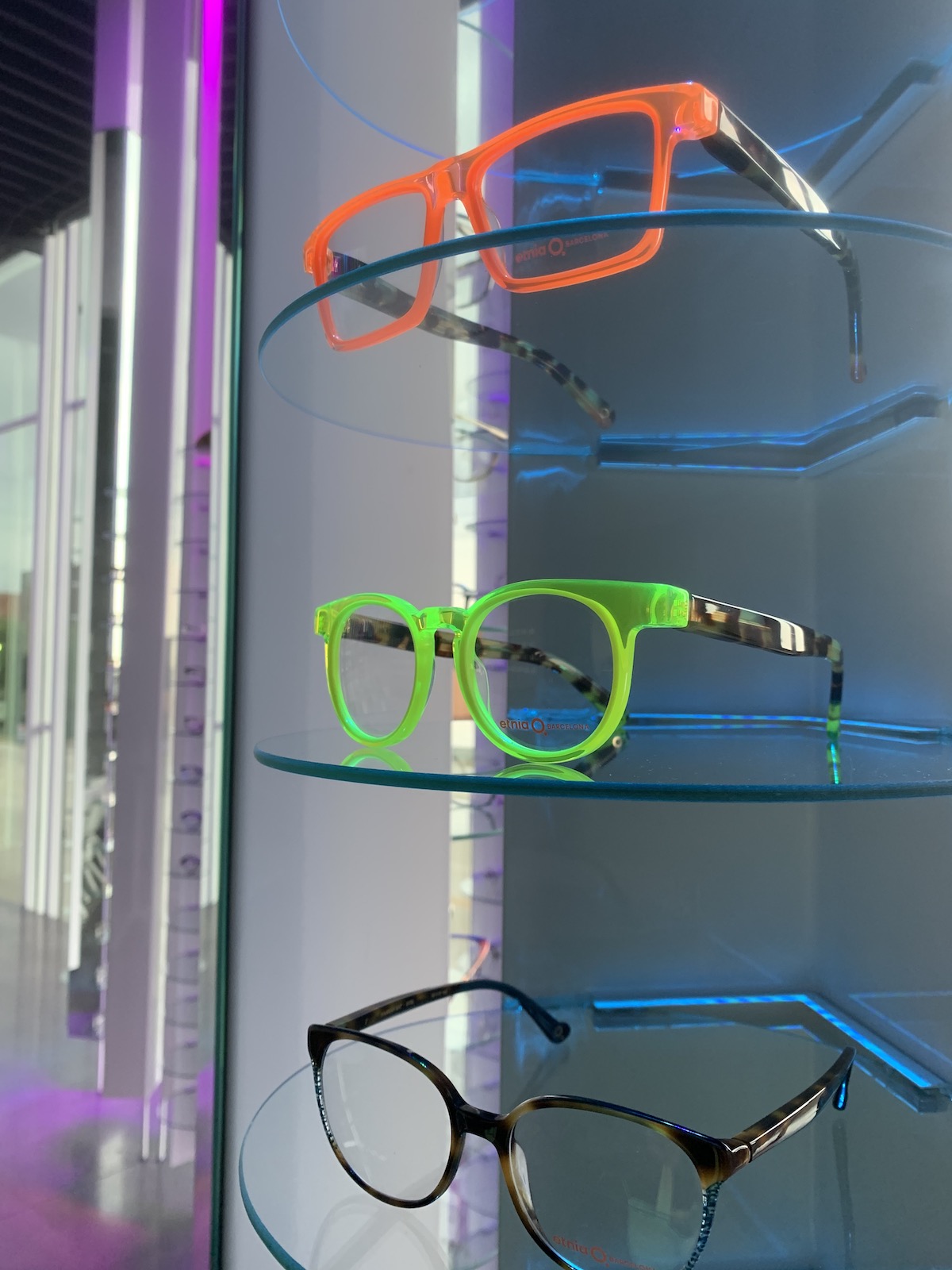
Dry eyes can lead to irritation, discomfort, blurry vision, and can impact our overall quality of life. Fortunately, several treatment options are available to target the root cause of […]
How Do Multifocal Contact Lenses Work?
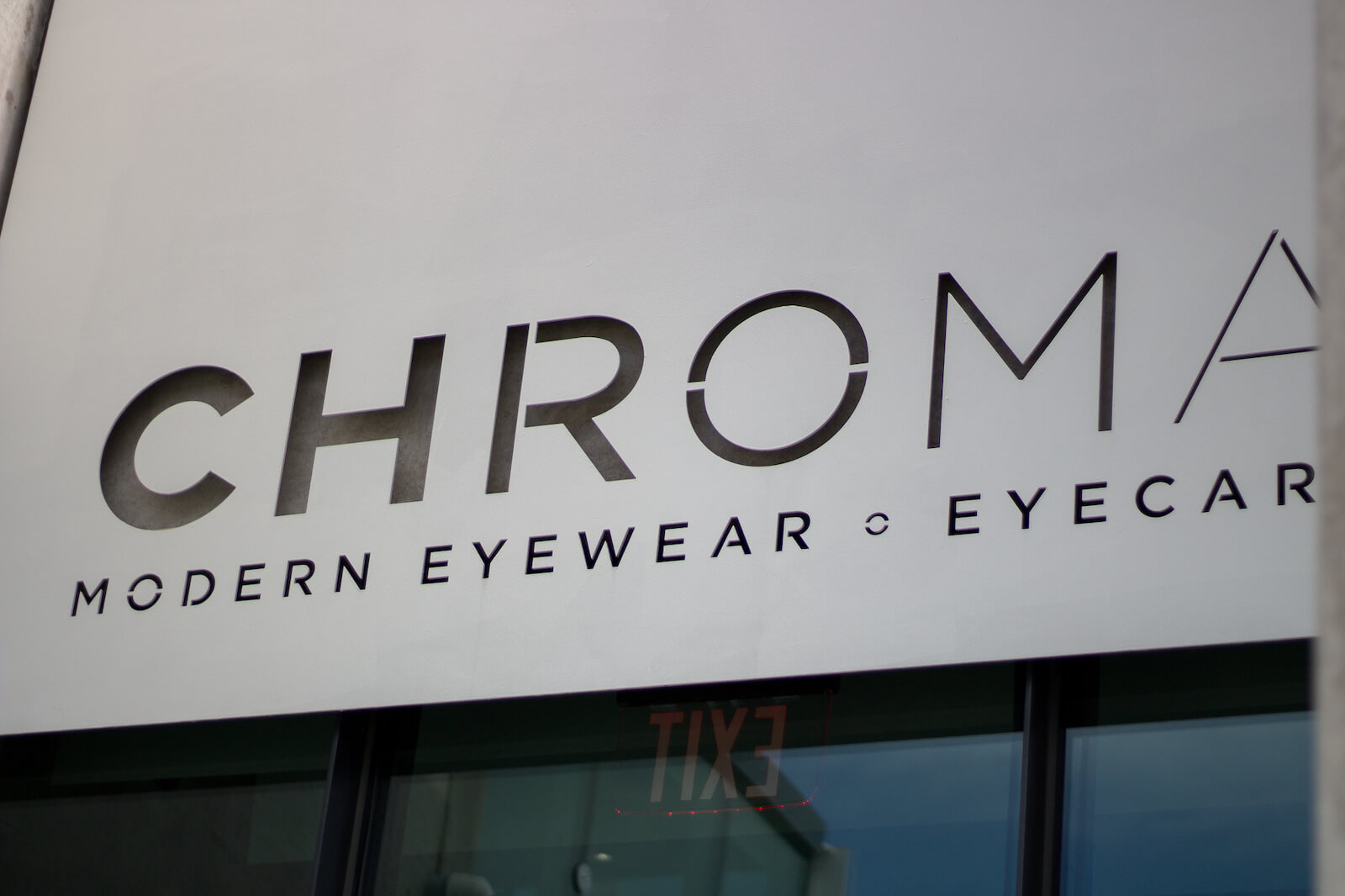
Multifocal contact lenses are a game-changer for those with presbyopia or other vision conditions that impair their ability to see at different distances. The first step in deciding if […]



